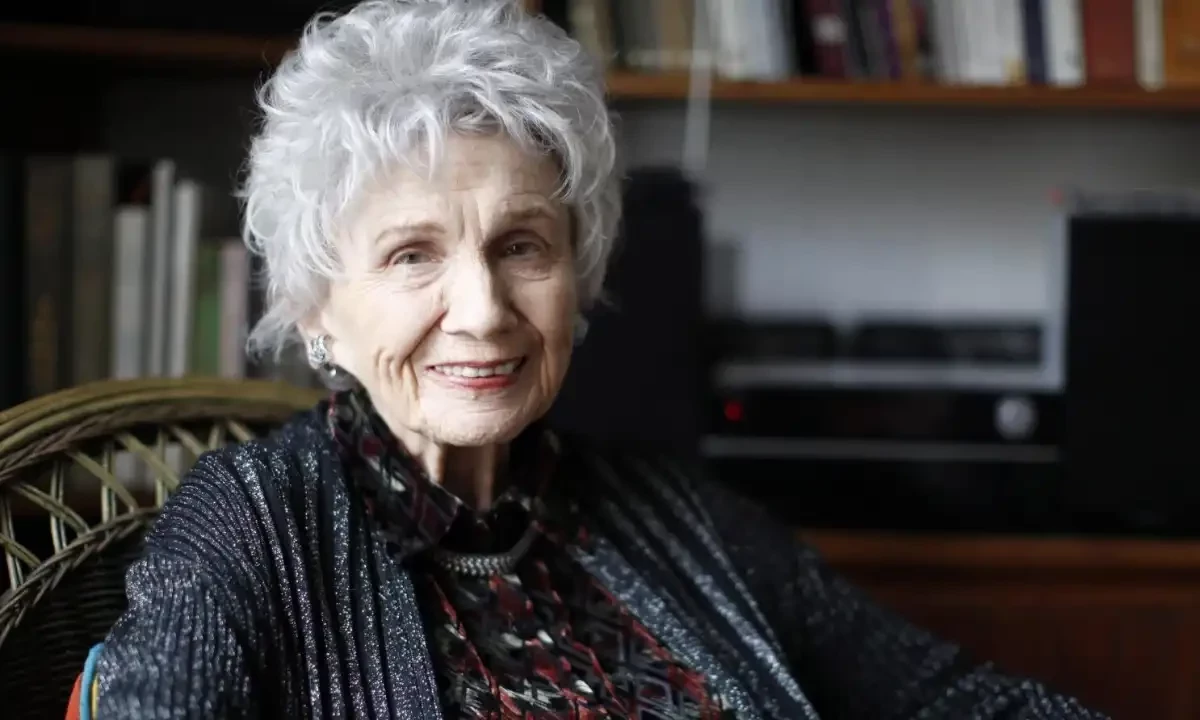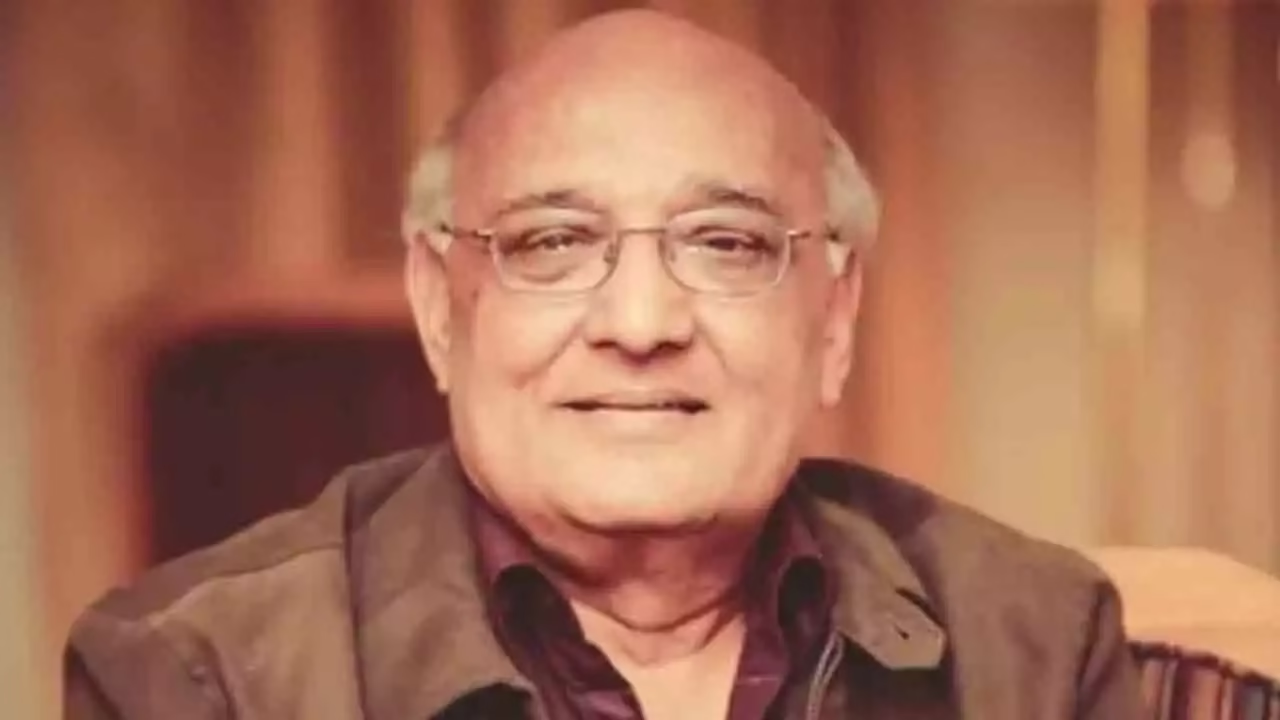The daughter of the late Nobel laureate Alice Munro, Andrea Robin Skinner, has accused Munro’s second husband, Gerard Fremlin, of sexual abuse. Skinner’s essay, published in the Toronto Star, alleges that Fremlin sexually assaulted her in the mid-1970s when she was nine and continued to harass and abuse her until her teenage years.
Accusations and Family Dynamics
Skinner revealed that she informed her mother about the abuse in her twenties. Although Munro initially left Fremlin, she returned to him and remained with him until his death in 2013. Skinner claims Munro’s response was influenced by her deep love for Fremlin and a societal reluctance to prioritize her children’s needs over her own.
“She reacted exactly as I had feared she would, as if she had learned of an infidelity,” Skinner wrote. “She said that she had been ‘told too late,’ she loved him too much, and that our misogynistic culture was to blame if I expected her to deny her own needs, sacrifice for her children, and make up for the failings of men.”
Legal Actions and Repercussions
Skinner’s account also details her decision to contact the Ontario Provincial Police after reading a New York Times Magazine article in 2004 where Munro praised Fremlin. Fremlin admitted to the abuse in letters, pleaded guilty to one count of indecent assault at age 80, and received a suspended sentence, a fact not widely reported at the time.
Reactions from the Literary Community
The revelations have shocked the literary world, drawing parallels with themes in Munro’s work, which often explored complex familial and social dynamics. Author Margaret Atwood, a longtime friend of Munro’s, expressed her ignorance of Skinner’s story until after Fremlin’s death, noting Munro’s detachment from practical life matters.
The owners of Munro’s Books, an independent store in Victoria, British Columbia, expressed their support for Skinner, calling her account “heartbreaking.” They acknowledged the need for time to absorb the news and its potential impact on Munro’s legacy.
Family Dynamics and Literary Legacy
Skinner described her estrangement from her mother and siblings as a result of the abuse and its cover-up but noted that they have since reconciled. Munro’s children, while supporting the disclosure, believe their mother’s literary achievements remain significant.
“I still feel she’s such a great writer — she deserved the Nobel,” said daughter Sheila Munro. “She devoted her life to it, and she manifested this amazing talent and imagination. And that’s all, really, she wanted to do in her life. Get those stories down and get them out.”
Scholarly Perspective
Munro biographer Robert Thacker, who wrote “Alice Munro: Writing Her Lives,” acknowledged knowing about Fremlin’s abuse but chose to exclude it from his book, focusing instead on a scholarly analysis of Munro’s career. Thacker noted that many of Munro’s stories feature themes of estrangement and familial conflict, echoing her real-life experiences.
Conclusion
The allegations against Gerard Fremlin have cast a shadow over Alice Munro’s celebrated legacy, prompting a re-examination of her personal life and its influence on her work. While the literary community grapples with these revelations, Munro’s contributions to literature continue to be recognized, even as her family navigates the complex aftermath of these disclosures.



